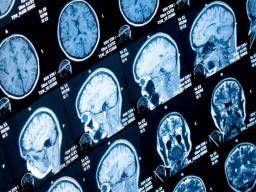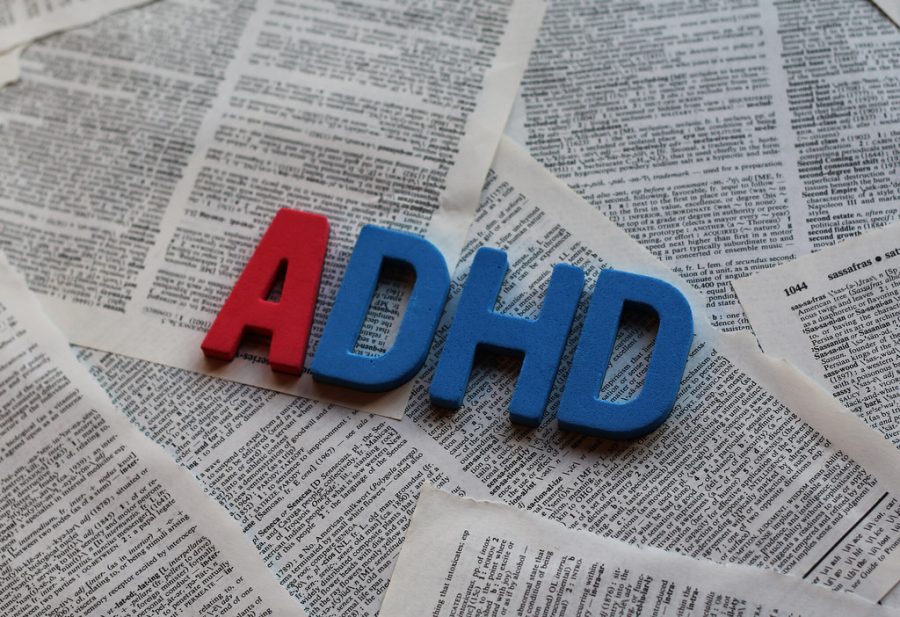ADHD: A Mental Condition, Not a Personality Trait
“I’m a bit of an ADHDer myself.”
“You’ll grow out of it.”
“I think my child has it, because he won’t stop jumping off the walls after he eats sugar.”
People who suffer from ADHD, Attention Deficit Hyperactivity Disorder, know these phrases and others like them all too well. These statements, despite how minor they seem, in fact, have a harmful effect on understanding what ADHD is, as they grossly paint ADHD as a ‘quirky’ personality trait, or as an excuse for something or another instead of what it actually is, a debilitating neurological disorder that has its roots in biology. One should not blame the people who use these statements as they mean no harm, but much like other phrases about different mental illnesses, reinforce a stigma around it.
In this article, we look at a few common statements about ADHD and show why they are false.
“ADHD is normal in children. It will go away with age.”
ADHD is in fact a lifelong disorder. Although symptoms often change with age, much like autism, in most reported cases it doesn’t ‘go away’. In fact, some doctors advocate against diagnosing young children with ADHD as many kids are hyperactive and distractible at that age.
“Only boys can get ADHD.”
Yes, ADHD is more common in males in a two to one ratio, but it still affects thousands of females. This statement may cause girls who suffer from it to not receive the help they need from either believing that can’t have it, or someone who could help them to not believe they have it.
“ADHD is an excuse for bad parenting.”
While children in abusive households have a much higher rate of developing mental illness, the evidence strongly points to it being a genetic problem, with some environmental factors playing a role. Twin studies, studies done on twins, have shown that 74% of the time one has it the other has it reinforces the notion that is genetic. Siblings of people diagnosed with it have are three to four times more likely to have it.

“People with ADHD are just stupid or lazy.”
While people with ADHD are more likely to have learning disabilities and IQ tests on children diagnosed with it have shown an average score nine points lower than their peers. Tests on adults diagnosed with it have shown no discernable difference in intelligence suggesting the reason for the slightly below average IQ test scores from children is the children simply being distracted on the test itself and unable to focus on said test. Going over to learning disabilities some evidence suggests that the many theorised cause(s) of ADHD also can affect learning suggesting a correlation there.
So what exactly is ADHD? Well though it varies, most psychiatrists would define it as this; A chronic mental/neurological disorder that is believed to be caused from either environmental and/or genetic that cause low dopamine (the main brain chemical responsible for deriving joy out of an event) and norepinephrine (the main brain chemical responsible for the flight or fight response) sensitivity, or a low production of said chemicals.
It’s important to note that there are several different theories, but those are the most accepted and have neurological evidence to back it up. Some symptoms include: being easily distracted, more likely to miss details, forget things, and frequently switch from one activity to another, having difficulty maintaining focus, daydreaming often during inappropriate times, developing other mental illnesses, like depression, later in life, among other similar symptoms.
Thousands of people suffer from it and all experience it differently, some are able to push and work past, others rely on medication and therapy in order to function on a day to day basis, and for some they’ve even learned to embrace it.
ADHD is a condition that many people have to deal with in their daily lives, and is commonly misunderstood and misinterpreted. The goal is that through stories and articles like this one, people’s awareness will increase, and we can stop mistreating and promote understanding for people that have a condition that is not at all their own fault.
The importance of this topic cannot be understated, as school is a setting which is often difficult for those with ADHD and it remains an important issue that needs to be addressed. Together we can promote understanding and research to help the thousands of people who endure it.

Karthik Arutla is a fifteen-year-old sophomore at NAI. This is his first year of journalism. He enjoys video games and creative writing.

Ryan Nash is a sixteen-year-old sophomore at NAI and on his first year of journalism. His interests include, video games, hiking, and reading. He is also...


